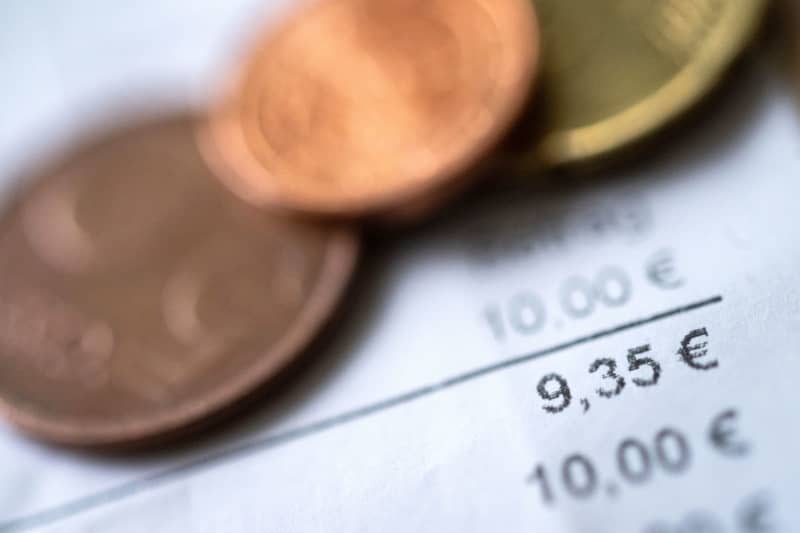German inflation falls further to 2.2% in March

Inflation in Germany weakened further in March, with consumer prices falling to 2.2% above the same month last year from 2.5% in February, according to preliminary data released by the Federal Statistical Office on Tuesday.
This is the lowest figure since April 2021, when it was 2%.
In January, the annual inflation rate was 2.9%.
Despite the expiry of the energy price cap at the beginning of the year and the increase in the carbon price to €45 ($48.36) per ton of carbon dioxide (CO2), energy became 2.7% cheaper in March.
Consumers paid 0.7% less for food than a year earlier, the first time since February 2015 that food prices in Germany fell compared to the same month in the previous year.
Restaurants and pubs, however, became noticeably more expensive, mostly due to the return of the higher 19% VAT rate in January after several years of a special reduced rate.
Services overall rose in price by 3.7%, according to the preliminary data.
Compared to the month of February, consumer prices in Germany rose by a total of 0.4% in March.
The Munich-based ifo Institute for economic research has forecast a further decline in inflation in the coming months.
Inflation is likely to fall below the 2% mark in the summer, Timo Wollmershäuser, head of economic research at ifo, told dpa on Tuesday.
Wollmershäuser said ifo survey data indicating that fewer companies plan to raise prices also helped contribute to that assessment.
On average, leading German economic research institutes expect inflation to slow down significantly to 2.3% for 2024 as a whole, after 5.9% inflation last year.

